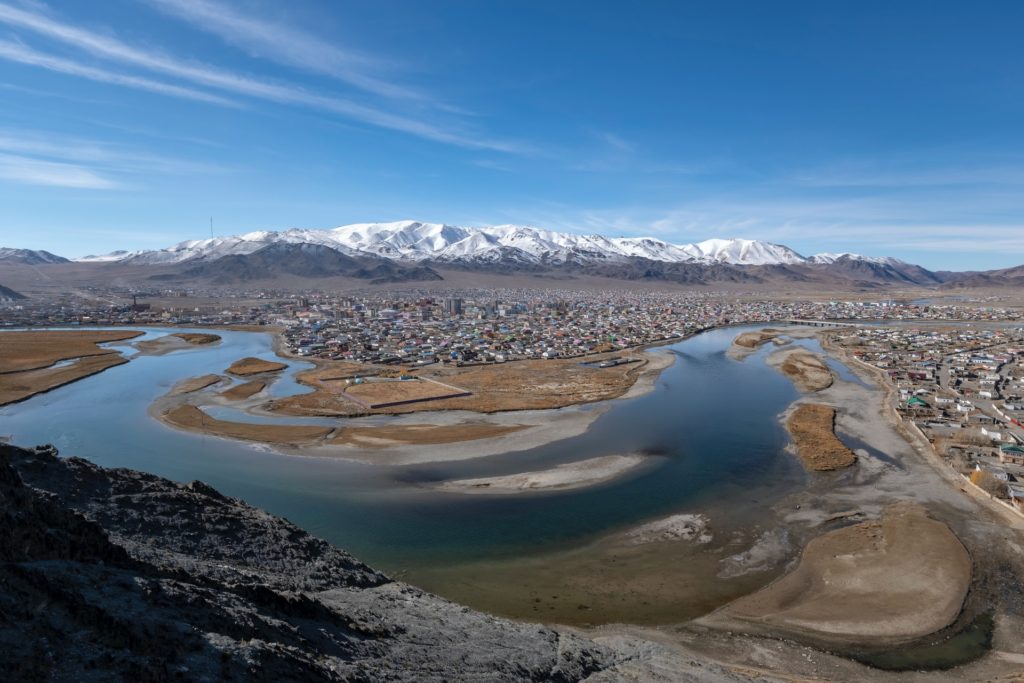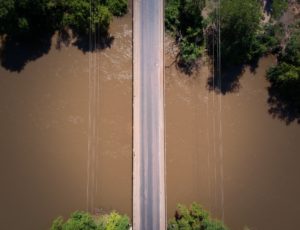Science-Based Targets to Ensure Water Security

Models that move beyond sustainability standards, led by data-driven corporate investment & innovation
• Water sustainability for corporations and municipalities is currently aimed at meeting standards within the four walls of operations.
• But standards and water efficiency are reactionary. They don’t scale. And they don’t create an insurance policy against the threats in a changing world that can impact your water security.
• To ensure future water security, you need aspirational goals. And you need to be working directly to bake your business or civic objectives into overall water planning and infrastructure at the community or basin level.
• Future H2O helps corporate alliances, municipal leaders and donors align their companies, municipalities and basin authorities to produce bigger water security projects that achieve water security for your shared future.
• Our work together doesn’t just check the boxes of sustainability standards. We assess all your options — including natural infrastructure, partnerships and bundling resources to pull off key pilot projects that demonstrate the future success of this approach to water security.
• We are rigorously science-based and model-agnostic, unlike our competitors — and we produce simulations that help you imagine different scenarios and tradeoffs.
• We help you think big about how you want your water and your business to look in the future based on that water.
Future H20 Founding Director John Sabo is a Professor of River Ecology and Water Resources in the School of Life Sciences and Founding Director of Future H2O in the Office of Knowledge Enterprise Development at Arizona State University. He is also a Senior Sustainability Scientist in the Julie Ann Wrigley Global Institute of Sustainability, a Fellow in the Institute for the Future of Innovation in Society, an Honors Faculty in the Barrett Honors College, and serves on the Graduate Faculty in the Hydrosystems Engineering Graduate Program.
Sabo is a river food web ecologist and has designed and implemented large scale field experiments to understand the role of aquatic-terrestrial energy flow on terrestrial food web dynamics as well as the dynamic effects of ground water on surface water food webs. His research has been published in top journals including Ecology, Ecological Monographs, Ecology Letters, Global Change Biology, Frontiers in Ecology and the Environment, PNAS, and Science.
 The First Deep-Learning Models of Basin-Level Water Behavior
The First Deep-Learning Models of Basin-Level Water Behavior
Deep learning will soon become a critical component in water sustainability analysis, according to new research from Future H2O’s Hamidreza Damavandi.
For more information about ASU Future H2O’s work and research on creating opportunities for global water abundance, subscribe to our newsletter.